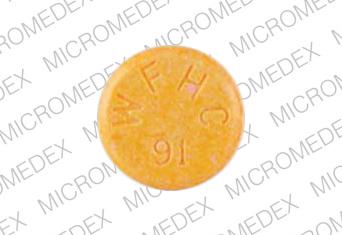Equagesic Interactions
There are 632 drugs known to interact with Equagesic (aspirin/meprobamate), along with 19 disease interactions, and 1 alcohol/food interaction. Of the total drug interactions, 89 are major, 524 are moderate, and 19 are minor.
- View all 632 medications that may interact with Equagesic
- View Equagesic alcohol/food interactions (1)
- View Equagesic disease interactions (19)
Most frequently checked interactions
View interaction reports for Equagesic (aspirin / meprobamate) and the medicines listed below.
- Abilify (aripiprazole)
- acetaminophen / hydrocodone
- acetaminophen / propoxyphene
- Advair Diskus (fluticasone / salmeterol)
- albuterol
- Aldactone (spironolactone)
- alprazolam
- Ambien CR (zolpidem)
- amitriptyline
- amlodipine
- amoxicillin
- amoxicillin / clavulanate
- aspirin
- Astelin (azelastine nasal)
- atropine / diphenoxylate
- Atuss EX (hydrocodone / potassium guaiacolsulfonate)
- Augmentin (amoxicillin / clavulanate)
- Avinza (morphine)
- baclofen
- Banex-LA (guaifenesin / phenylpropanolamine)
- beclomethasone
- Benicar (olmesartan)
- benzonatate
- Bextra (valdecoxib)
- Biaxin (clarithromycin)
- fluticasone nasal
- gabapentin
- hydrochlorothiazide
- lisinopril
- Prevacid (lansoprazole)
Equagesic alcohol/food interactions
There is 1 alcohol/food interaction with Equagesic (aspirin / meprobamate).
Equagesic disease interactions
There are 19 disease interactions with Equagesic (aspirin / meprobamate) which include:
- alcohol intox
- depression
- drug dependence
- coagulation
- porphyria
- asthma
- GI toxicity
- renal dysfunction
- Reye's syndrome
- glaucoma
- liver disease
- renal/liver disease
- resp depression
- drug dependence
- seizure disorders
- anemia
- dialysis
- G-6-PD deficiency
- hepatotoxicity
More about Equagesic (aspirin / meprobamate)
- Equagesic consumer information
- Compare alternatives
- Drug images
- Dosage information
- Drug class: analgesic combinations
Related treatment guides
Drug Interaction Classification
| Highly clinically significant. Avoid combinations; the risk of the interaction outweighs the benefit. | |
| Moderately clinically significant. Usually avoid combinations; use it only under special circumstances. | |
| Minimally clinically significant. Minimize risk; assess risk and consider an alternative drug, take steps to circumvent the interaction risk and/or institute a monitoring plan. | |
| No interaction information available. |
See also:
Further information
Always consult your healthcare provider to ensure the information displayed on this page applies to your personal circumstances.


